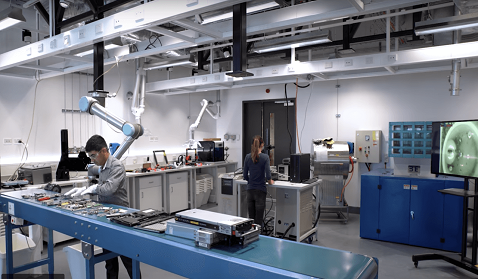New and easily deployed technology able to extract value-added materials from problematic waste streams is about to be trialled on the NSW South Coast.
Dubbed “micro-cycling science”, the novel technology was developed by the University of NSW’s Sustainable Materials Research and Technology (SMaRT) Centre with support from the Australian Research Council.
The technology is deployed via a decentralised delivery model, with custom-designed small modules able to transform e-waste and other streams into feedstock resources for manufacturers and other 3D printing users.
The modular micro-factories can operate on a site as small as 50 square metres and be located wherever waste may be stockpiled.
Because of the lack of kerbside municipal waste collection and recycling services in regional and remote Australia, the Australian Local Government Association (ALGA) maintains it is essential that the Commonwealth lead and coordinate a national program of investment in advanced waste processing infrastructure and regional waste hubs.
The SMaRT demonstration plant in Nowra, costing about $1 million, will be able to produce about 450 tonnes of green ceramic products a year using materials such as mattresses and glass.
Half of the establishment cost is coming via a Recycling Modernisation Fund (RMF) grant and a co-contribution from the NSW state government, with industry putting up the other $500,000.
A Shoalhaven City Council spokesperson said the plant will be financially viable within two years of operation.
SMaRT Centre director Veena Sahajwalla says micro-factories are a viable alternative to burning and burying waste items containing metal alloys and micromaterials that can otherwise be transformed into value-added substances or products.
“These micro-factories can transform the manufacturing landscape, especially in remote locations where typically the logistics of having waste transported or processed are prohibitively expensive,” she said.



